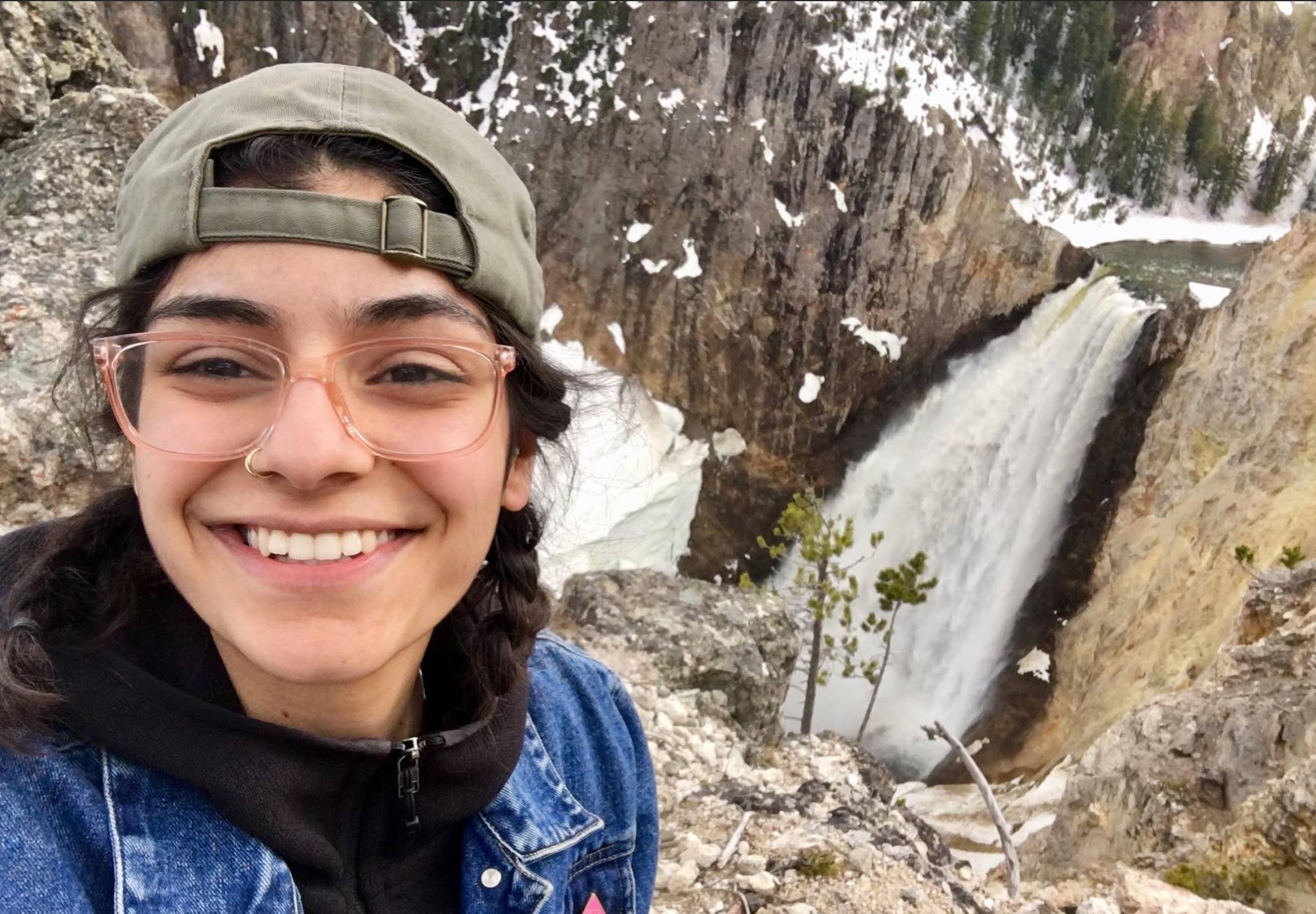By Nabi Qureshi
One of our favorite pastimes as Alaskans is making fun of Texas. Look how cute it is. Look how cold they act when it dips below 80 degrees. It’s all in good fun, but right now, Texas is enduring a major disaster and has something profound to offer Alaskans. It is showing us the dangers of poorly run utilities.
Much like Texas, but for purely geographical reasons, not just regulatory reasons, Alaska is on its separate electric grid. While being isolated from the Lower 48 has its perks, this is not one of them. This separation could offer similar challenges to what Texas is facing now if we do not invest in regional planning and infrastructure.
Alaska operates on a separate electric grid, but within that, we are still divided. Along the Railbelt, the grid is physically interconnected, but the utility providers all act as distinct entities. In the Lower 48, an interconnected grid usually means that electricity can be borrowed and shared between different regions, based on need. Utility companies can find the most efficient energy source in the area and share it with their neighbors, so everyone gets the best deal on electricity. Though most of Alaska’s grid is interconnected, we don’t act like it. Our utility providers could partner up and work together to ensure that their ratepayers get the lowest rates and the most efficient energy available to the region. But there is no incentive to do so, so instead, utility providers focus on short-term, local, quick fixes to meet our energy needs.
Thankfully, Alaska has the advantage of SB123, passed last spring, which requires rail belt utilities to form an Electric Reliability Organization (ERO) to implement reliability standards and long-term planning for the utilities. This collaboration will help us avoid the pitfalls of extensive deregulation like in Texas, where private utility companies make maintenance decisions based on profit margins and not community needs. But we are still a long way from seeing the regional reliability that we need.
Utilities in Alaska need to be working together to provide their members with the most efficient and reliable energy possible. They need to work together to create a robust system that won’t buckle under an extreme climate change related event – as Texas did. They need to move us away from a dependence on oil and gas and coal. During this severe cold snap in Texas, wind and solar energy systems were blamed for blackouts. But in actuality, renewable energy over-performed – even without the proper investments and updates to insulation they needed. The dependency on the extractive industry to feed the state’s energy needs is where the real failure is. Texas is the largest energy-producing state in the country, and still, it failed its citizens. Alaskan utilities need to work with the State of Alaska and the Biden Administration to finance infrastructure upgrades that build resilience into the system and allow for economic dispatch of electricity, like additional interties, transformers, substations, increased line capacity, and system redundancy.
Alaska has always been at the forefront of climate change, and we’ve had our fair share of extreme weather events. There’s no telling what our future holds, but we can prepare ourselves by decreasing our dependence on extractive energy systems and increasing regional and statewide reliability. Climate change is coming for us all, and we need to be prepared for the worst before it’s too late. As Alaskan utilities develop an ERO for our rail belt region, they should take a lesson from the Texas system’s failures and plan accordingly.
• Nabi Qureshi is a community organizer for The Alaska Center and Chugach Electric ratepayer. Columns, My Turns and Letters to the Editor represent the view of the author, not the view of the Juneau Empire. Have something to say? Here’s how to submit a My Turn or letter.

